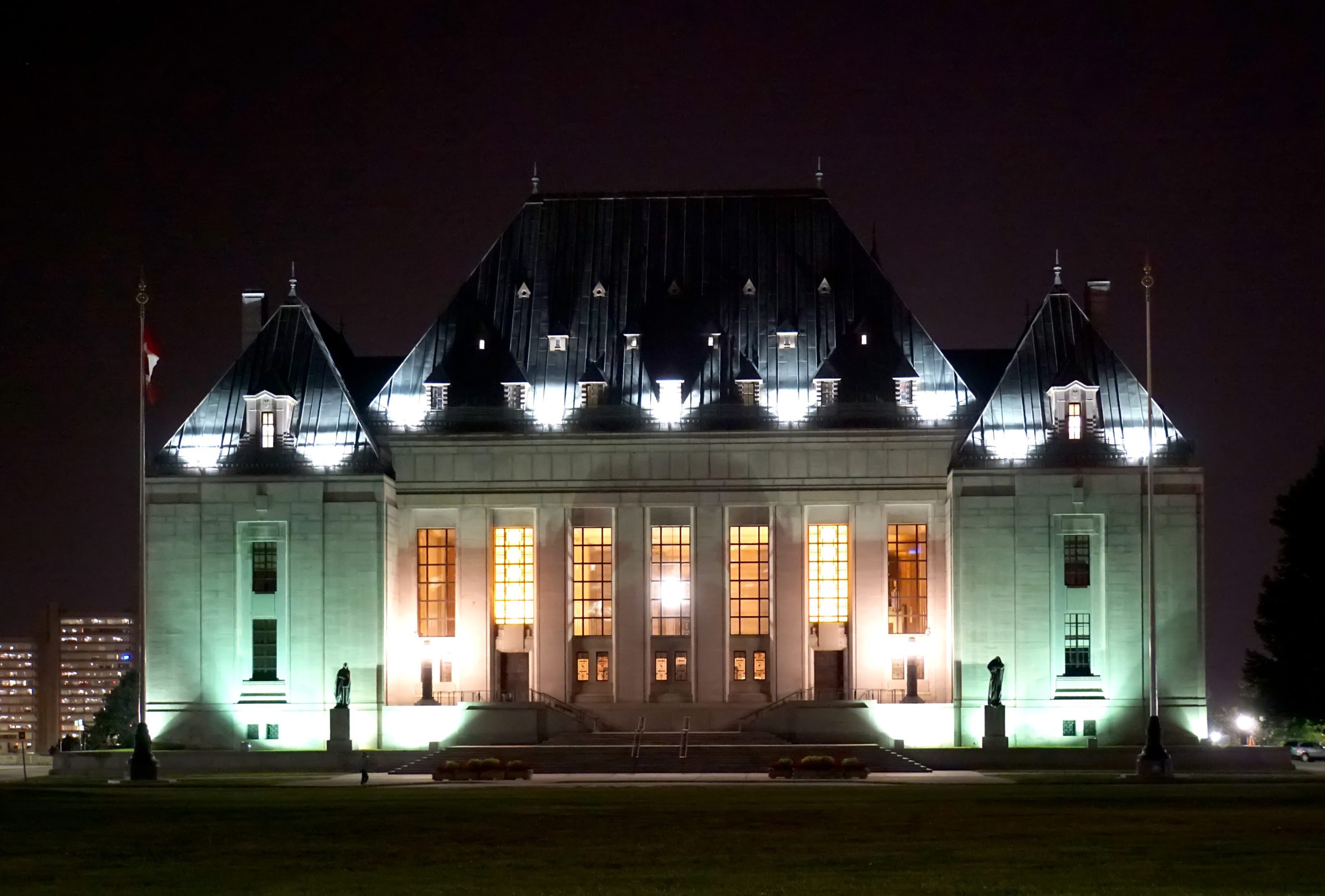
This article originally appeared in the Financial Post. Below is an excerpt from the article, which can be read in full here.
By William Watson, May 12, 2022
When people say “we are a nation of laws” they generally mean that as a good thing. The alternative is a human jungle, where either there are no laws or the strongest person around, often named Vlad, gets to make up the laws.
All reasonable people not named Vlad favour a system of laws to a system of no laws. But is it possible to be a nation of too many laws? The U.S. tax code now apparently runs to more than 3.5 million words. Our own Canada Gazette has given up on words and now keeps track of federal laws, regulations and announcements in megabytes. So far this year Part I of its weekly publication is at 38.5 MB, for an average of two MB every Saturday (the day it’s published). To become a practitioner in law — a “lawyer” — takes several years study and usually provides expertise in only a small corner of the law. Reading any law in such a way as to actually understand it is an acquired skill. Should we be a nation of laws? Yes, certainly. Should we be a nation thickly forested in laws, traversable only with the help of expert guides? Maybe not.
In its response to the U.S. Supreme Court’s recent decision to reverse its Roe v. Wade decision of 1973 — sorry, let me rephrase that: in its response to a leaked draft of a possible majority decision by the U.S. Supreme Court to reverse its Roe v. Wade decision of 1973, which found a constitutional right to abortion in a constitution that does not mention abortion — Canada’s government-owned media has been running a full-court press, the gist of which is that the question of abortion should not be “reopened” in this country. Offhand, you might think giving the issue 10 minutes or so at the top of the national news is not the best way to keep it from seizing public attention. But media strategies can be mysterious things.
***TO READ THE FULL ARTICLE, VISIT THE FINANCIAL POST HERE***





